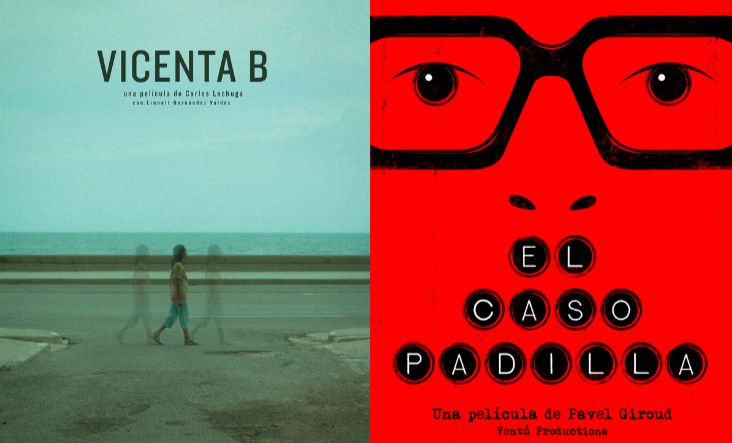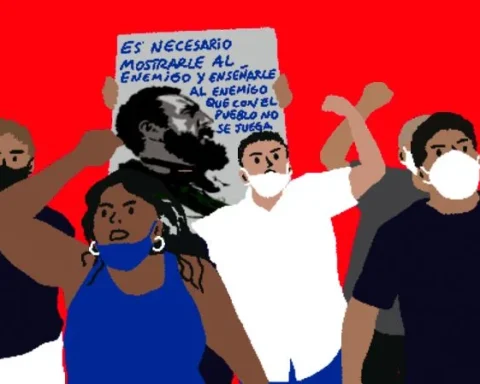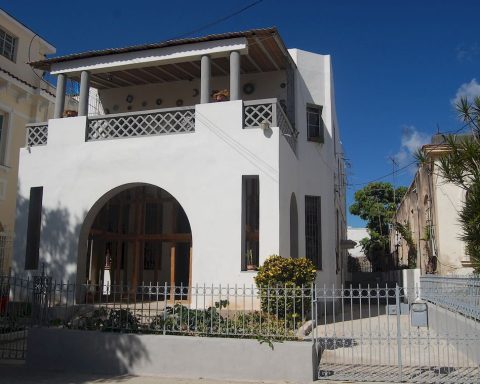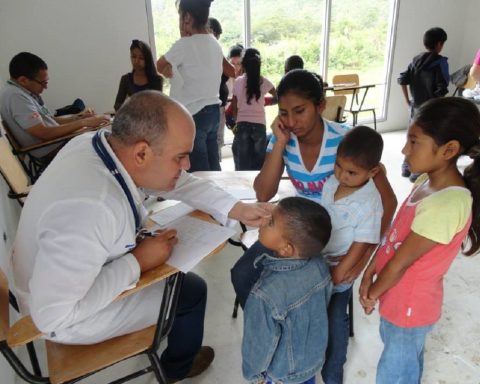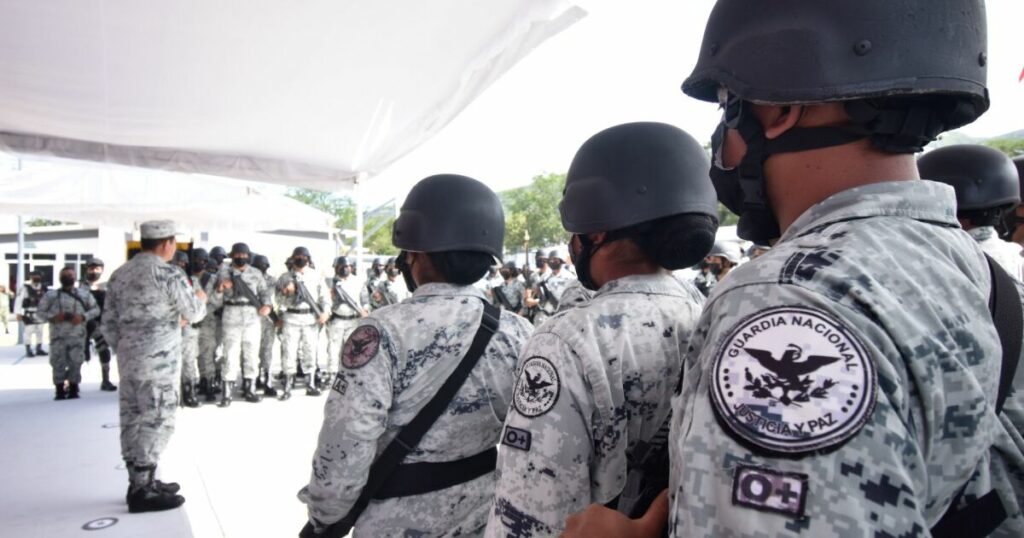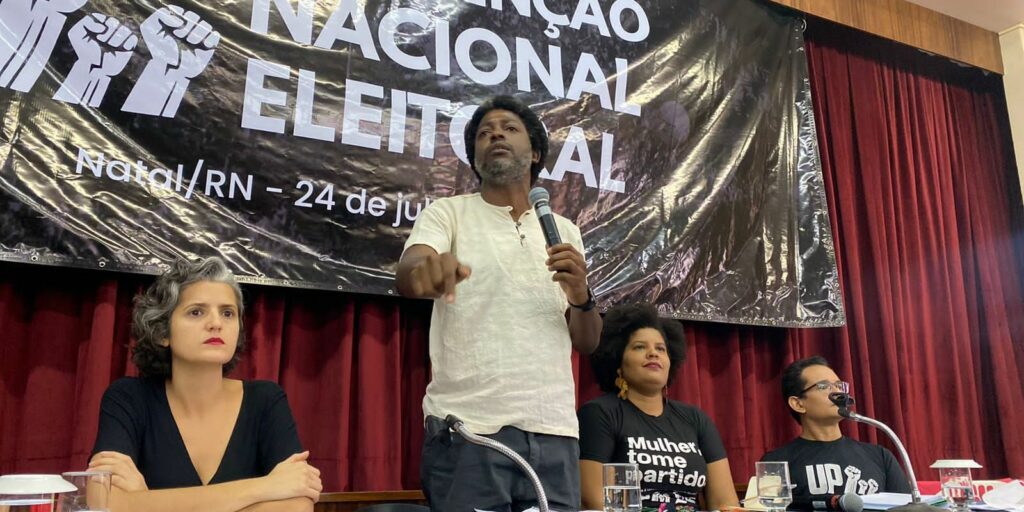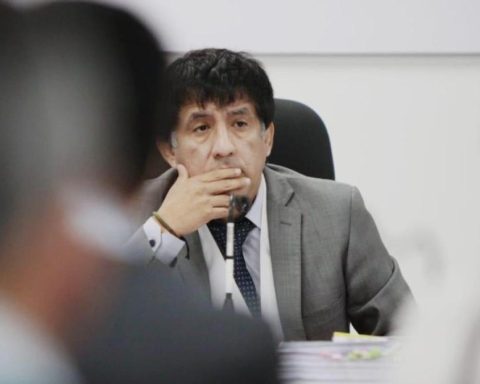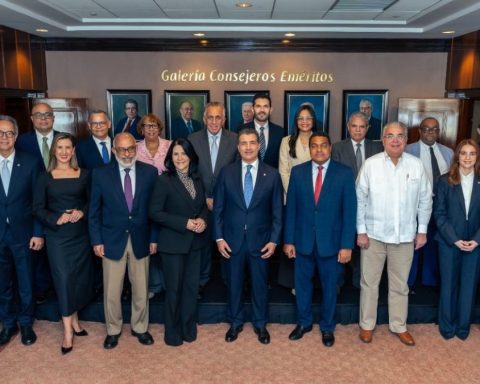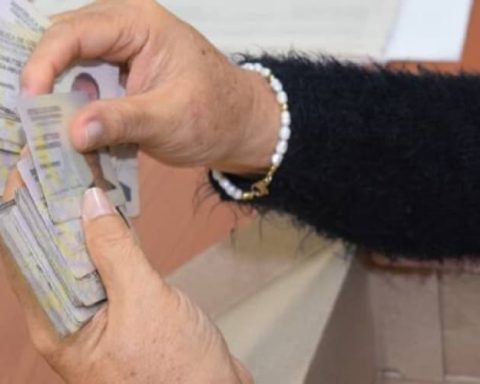MIAMI, United States.- In 2010, filmmaker Lester Hamlet was invited to the Miami Film Festival with his feature film Casa Vieja, an adaptation of a well-known and controversial play by Abelardo Estorino.
Here I met him personally and then I have followed his career on social media, where I learned that he would direct a soap opera and numerous actors congratulated him and used the occasion to offer their services.
At the end of August Hamlet let it be known that he had been declared a non grata in his own country because he did not return within the stipulated time from a trip abroad, not surprisingly, part of the modus operandi of the regime.
Then the Minister of Culture confronts him publicly and says that it is a “protocol” error of the ICAIC and his entry is guaranteed, but everything seems to indicate that Hamlet mistrusts such benevolence and a few hours ago got off at Miami airportapparently with the intention of not returning.
In such a way, the flight of members of different generations belonging to the Cuban independent cinema continues, which the regime has dismantled by taking advantage of the pandemic and public confrontations that occurred between unpresentable artists and officials.
As before, those who go into exile cease to exist for the so-called official culture, although unlike other times, the public keeps abreast of the work of their countrymen thanks to social media.
Orlando Jiménez Leal, Fausto Canel, Roberto Fandiño, Eduardo Manet, Alberto Roldán, Fernando and Miñuca Villaverde, make up a group of advanced filmmakers who, after trying to deal with filmmaking in a hostile environment, did not take long to figure out the trap which they were headed for: the so-called revolutionary cinema ─begun precisely in 1959─ had to enter through Castro’s ideological hoop either subliminally or directly.
The aforementioned filmmakers preferred to reinvent their lives, as pariahs of the international left, than continue to be accomplices of an oppressive dictatorship.
In those times of uncertainty, the president of the ICAIC, Alfredo Guevara, through his connections was able to influence so that “counterrevolutionary” filmmakers were omitted from film events and potential producers.
Since then it has been difficult and complex to continue collaborating with the narrative and the models devised by ICAIC to legitimize its skinny chimeras, if one really wants to enjoy the advantages of freedom.
Almost all the filmmakers who remained on the island after those preliminary exiles ended up being part of the official arrangement.
They were bossed around or privileged, depending on their loyalty, and sometimes even recruited by the political police to rat out their peers.
Some of those who preferred to wait to take the irremediable path of exile, dictated by dignity, or died without achieving it, suffered censorship of emblematic works such as Nicolás Guillén Landrián, Sergio Giral, Orlando Rojas, Rolando Díaz and Daniel Díaz Torres.
Fernando Pérez, today, continues to be the paradoxical exception of a filmmaker with rebellious features blessed by the bureaucratic structures of the regime.
The ICAIC died of irrelevance, Castroism itself liquidated it in a fit of arrogance when it learned that it no longer served its doctrinal and propagandistic purposes.
The young filmmakers who are now making their way into international conclaves with what appear to be revealing works about the excesses of the regime such as the padilla casea documentary by Pavel Giroud, selected by the prestigious Telluride Festival in Colorado, are building their own legacy, distant from the turbulence caused by the ICAIC in its years of splendor.
The official press media ignore this and other news, such as the presence of the feature film Vicenta B, by Carlos Lechuga, in some of the most important film festivals in the world.
Havana’s own cinematographic meeting, which is held in December, has just closed its call with two thousand films, which should include Lechuga and Giroud, who right now give prestige to national culture, like other artists, writers and intellectuals who have decided to live on freedom.
OPINION ARTICLE
The opinions expressed in this article are the sole responsibility of the issuer and do not necessarily represent the opinion of CubaNet.
Receive information from CubaNet on your cell phone through WhatsApp. Send us a message with the word “CUBA” on the phone +525545038831, You can also subscribe to our electronic newsletter by giving click here.
